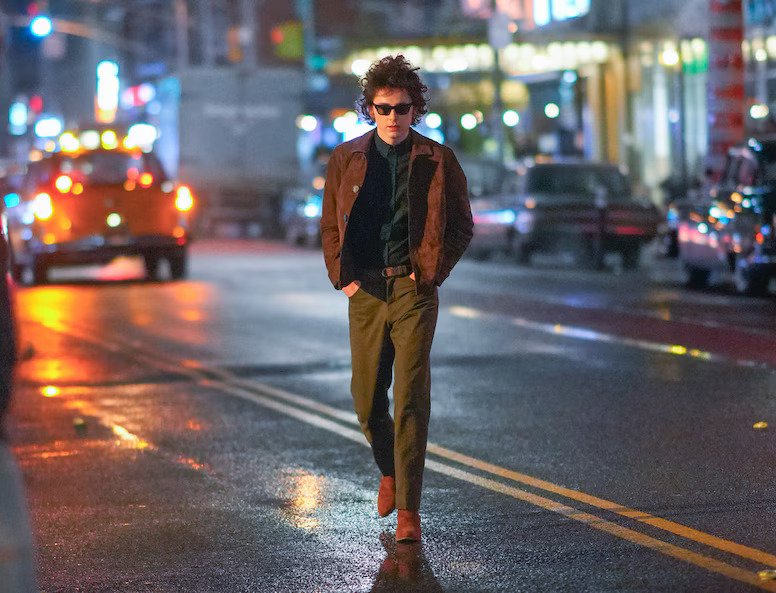Ruling ties hands for lawmakers grappling with encampments, celebrated by homeless advocates
By Sam Catanzaro
The Supreme Court has declined to hear an appeal in a case surrounding a Boise, Idaho law that would have made it illegal to sleep in public places, a setback for many West Coast cities grappling with a growing homelessness crisis.
The decision, issued by the court without comment Monday, leaves in place earlier rulings by the 9th Circuit appeals court, in the case Martin v. Boise, that homeless persons cannot be punished for sleeping outside on public property in the absence of adequate alternatives. The ruling is binding in the 9th Circuit, covering nine states including California, a state home to 1/4 of the nation’s homeless population.
Lawyers representing Boise argued that the decision ultimately hurts the individuals the law claims to protect by hindering lawmakers within the 9th Circuit from managing homeless encampments that pose a public safety risk.
“Public encampments, now protected by the Constitution under the Ninth Circuit’s decision, have spawned crime and violence, incubated disease, and created environmental hazards that threaten the lives and well-being both of those living on the streets and the public at large,” said lawyers for Boise in court documents.
Los Angeles County, where homelessness increased 16 percent the past year, and many other governing bodies backed Boise in its petition to the Supreme Court.
“The Martin decision forbids municipalities from enforcing common sense ordinances that prohibit public camping unless those local governments can offer acceptable shelter to every unhoused person in the jurisdiction. In other words, the County could be powerless to address camping in public places by anyone until it provides shelter for everyone,” the County wrote in September.
LA County Supervisor Sheila Kuehl who represents Santa Monica and is a Santa Monica resident, however, voted against backing Boise’s petition in September.
“We need to continue to provide more and more housing and shelter and services, not simply ticket and arrest,” Kuehl said.
This was a view shared by lawyers representing homeless individuals and their advocates following the Supreme Court’s decision Monday.
“We’re thrilled that the Court has let the 9th Circuit decision stand so that homeless people are not punished for sleeping on the streets when they have no other option,” said Maria Foscarinis, Executive Director at the National Law Center on Homelessness & Poverty. “But ultimately, our goal is to end homelessness through housing—which is effective and saves taxpayer dollars—so that no one has to sleep on the streets in the first place. We hope that the 9th Circuit decision will help communities find the political will to put that housing in place. Housing, not handcuffs, is what ends homelessness.”
The case now returns to the 9th Circuit. The City of Boise says it is evaluating options for its next actions.













